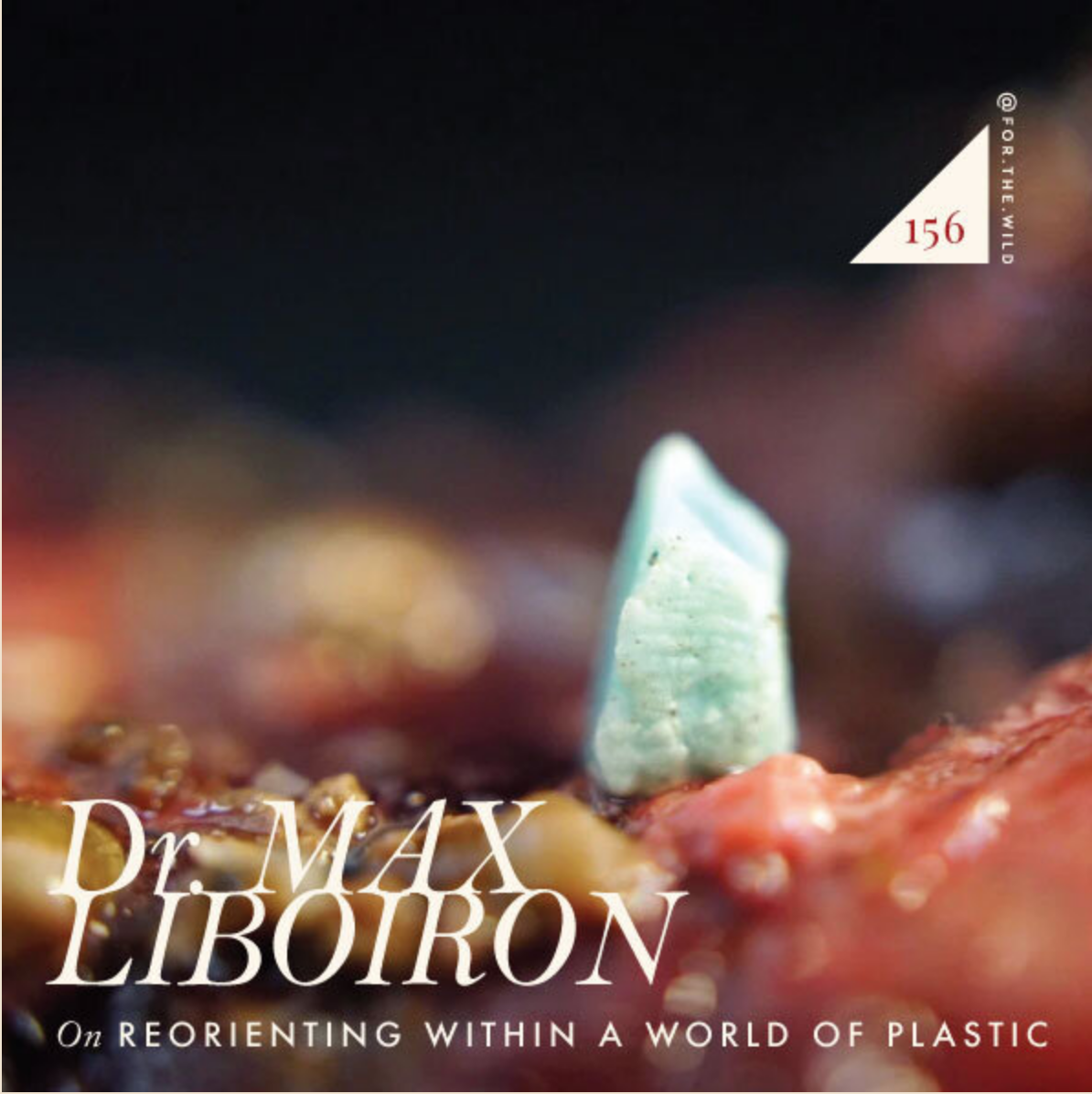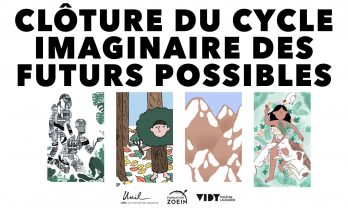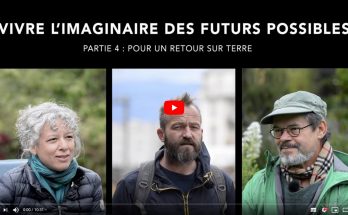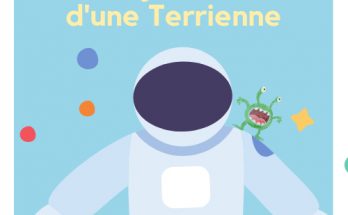 Photo of plastic polymer landscape from Dr. Max Liboiron’s “Plastic is Land”
Photo of plastic polymer landscape from Dr. Max Liboiron’s “Plastic is Land”
Par Emilie Crittin,
Voici un podcast que je trouve inspirant, fascinant, des réflexions et une approche qui challengent, nécessaires, et qui font du bien.
Il s’agit d’une interview de la Dr. Max Liboiron, directrice du Civic Laboratory for Environmental Action Research (CLEAR,
https://civiclaboratory.nl/) situé à Terre-Neuve au Canada, qui est un laboratoire féministe et anti-colonialiste spécialisé dans le monitoring de la pollution au plastique. L’interview va bien plus loin que la question du plastique et ce podcast contient à mon sens beaucoup d’éléments qui pourraient alimenter la réflexion sur les futurs possibles, dans le sens de nouvelles manières de vivre et comprendre nos relations avec la matière, le vivant et les individus de cultures différentes, d’envisager et de faire de la recherche scientifique, de réinterpréter nos modes de vie actuels sous l’angle historique (en l’occurrence à propos de la construction sociale du jetable), etc.
Extrait :
« Acknowledging our entangled relationship with plastics calls for a more nuanced discussion on waste through the prisms of colonialism, disposability, and knowledge production. What does the history of plastic production and the sanitation movement tell us about the design of modern waste regimes? How can we bring accountability into the scientific study of plastic and honor ecological relationality in the lab? How does the landscape of pollution—and attendant clean-up “solutions”—reproduce colonial dynamics?
CLEAR develops feminist and anti-colonial methodologies and instruments in the natural sciences to study marine plastic pollution. Dr. Liboiron has played leading roles in the establishment of the field of Discard Studies (the social study of waste and wasting), the Global Open Science Hardware (GOSH) movement, and is a figure in feminist science studies and justice-oriented citizen science.
In this timely and important conversation, Ayana and Dr. Max Liboiron explore the notion of plastic as kin, oil and petrochemical subsidies, the body burden of plasticizers, the historical construction of disposability, the appropriation of Traditional Ecological Knowledge in academia, the feasibility of recycling, and more. Deconstructing the plastic infrastructures around us, this episode will not only shift the way you think about the material worlds of waste, but also bring into vision the possibilities of a feminist, anti-colonial scientific practice. »
 Photo of plastic polymer landscape from Dr. Max Liboiron’s “Plastic is Land”
Photo of plastic polymer landscape from Dr. Max Liboiron’s “Plastic is Land”

